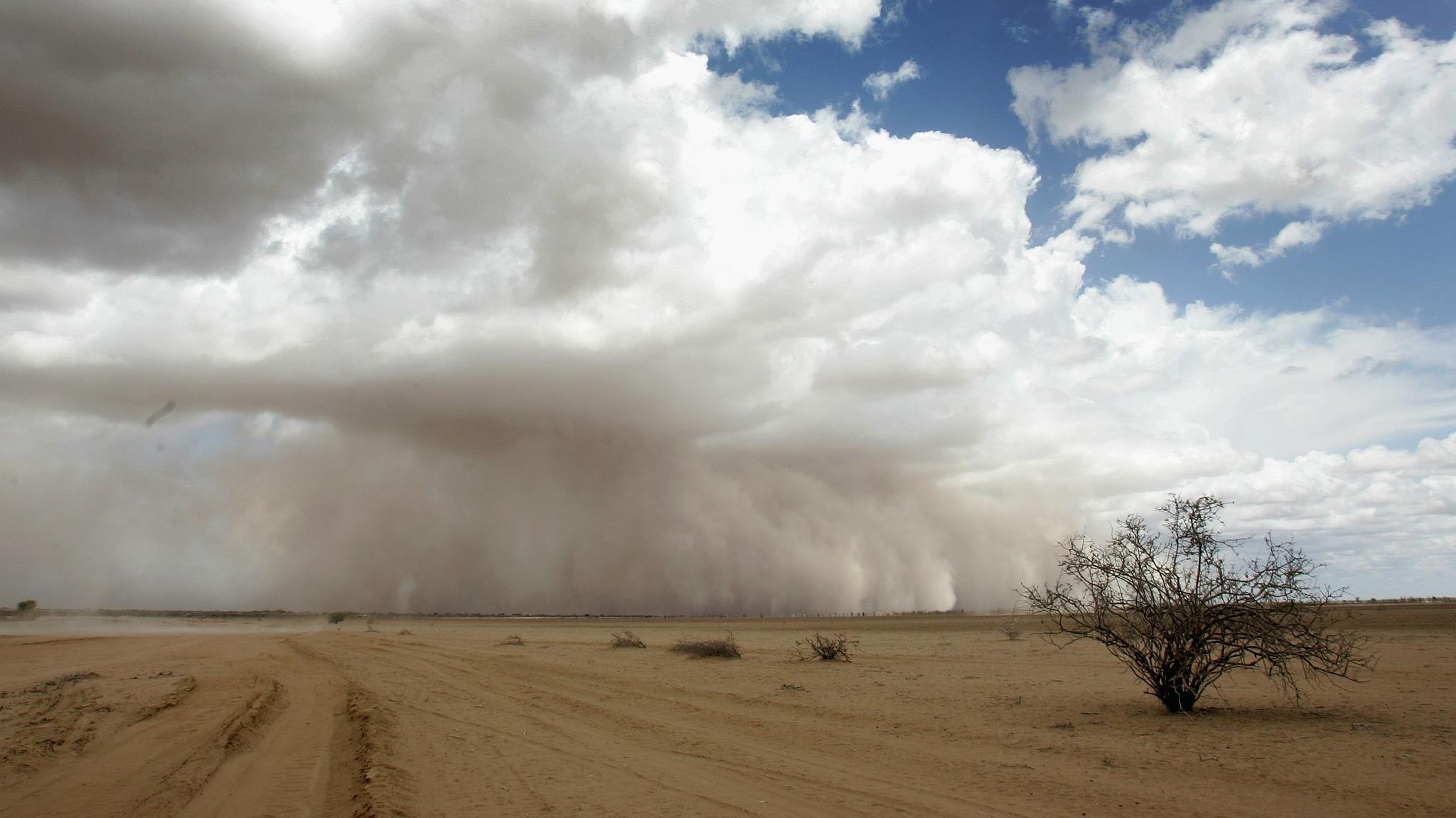Every Day, Tons Of Viruses Are Swept Into The Sky And Fall Back Down To Earth
For the first time, scientists measured the quantity of viruses that are swept into the Earth's atmosphere and then fall back down. The study explains why similar viruses are spread across the globe.
by Samantha Raphelson
Apr 25, 2018
2 minutes

Scientists now think they understand why so many viruses seem able to exist in widely varying ecosystems on Earth.
There are an enormous number of viruses that get sucked up into the outer atmosphere and then fall out of the sky and scatter across the globe, according to new research published in the.
You’re reading a preview, subscribe to read more.
Start your free 30 days



